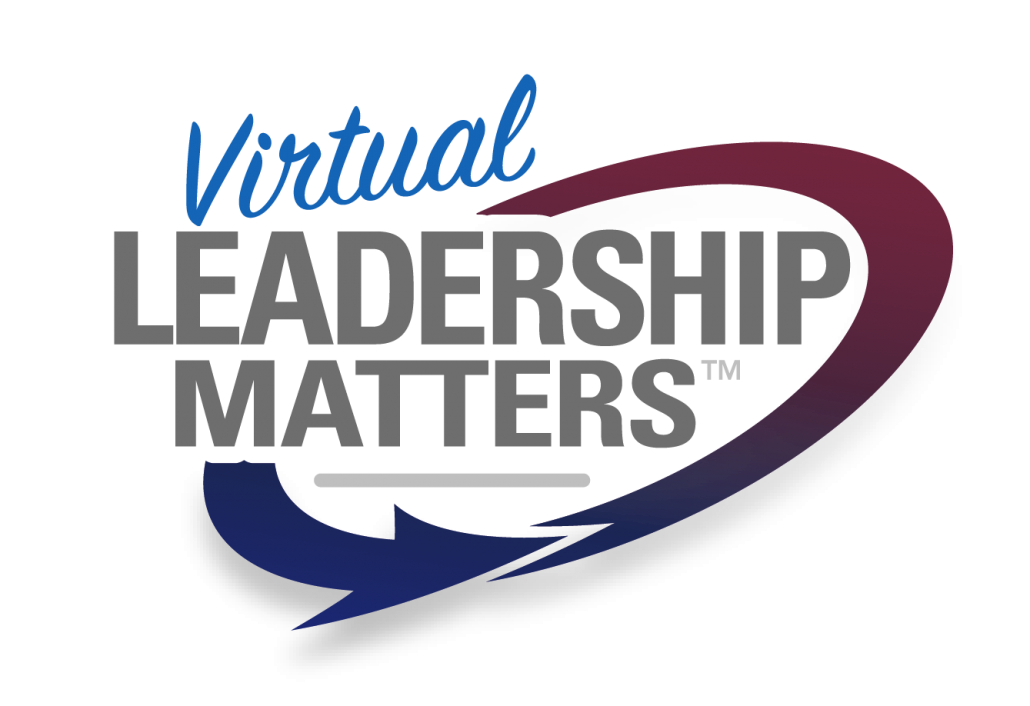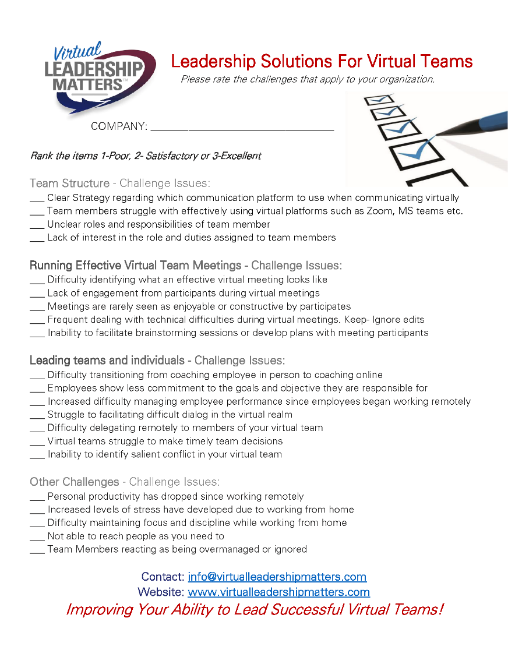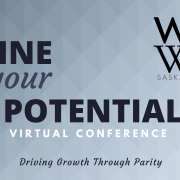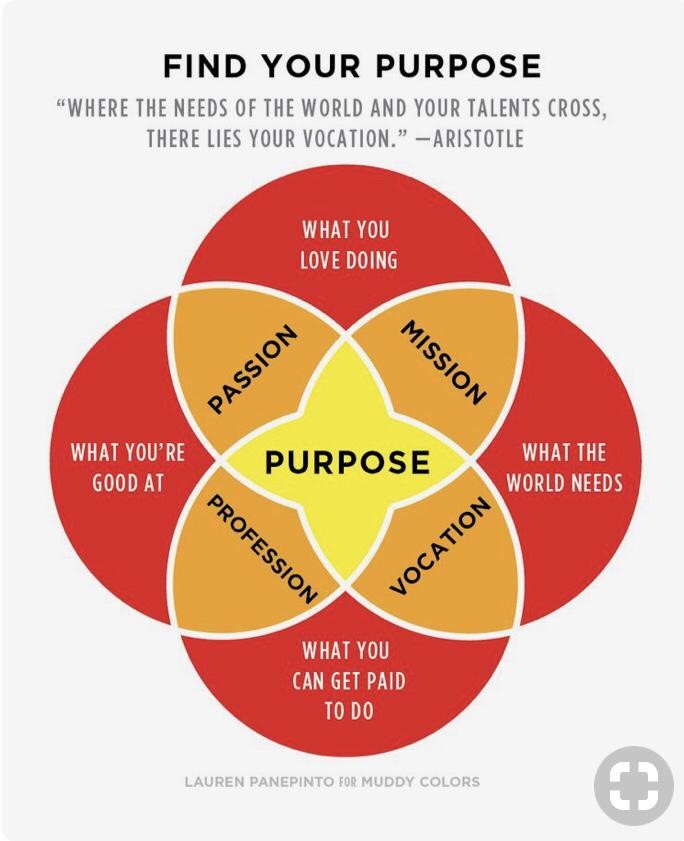A Year in Review: The Story of Virtual Leadership Matters (So Far)
This month marks the one-year anniversary since Virtual Leadership Matters began operating. Throughout this year our expert facilitators have helped many Business leaders and teams navigate the unknowns of leading in a virtual environment. As we move forward, we want to take the opportunity to look back at the road that led to Virtual Leadership Matters and reflect on our future.
The Road of Our Co-Founders
Long before our cofounder’s paths crossed in Virtual Leadership Matters Inc., David Smith and David Town had spent years gathering experience in leadership positions and honing their craft as Executive Coaches/Consultants. Prior to 2020, David Smith gathered knowledge and expertise from his work in the private sector. David served eight years as the Founding Chief Executive Officer of CUCORP as well as five years as Executive Vice President at Concentra Bank. In both positions, Dave lead and managed multiple employees and teams remotely. In 2009 David started Logia Consulting Inc. With over ten years of experience in coaching, David Smith delivered results to business leaders all across Canada in-person and virtually online.
Meanwhile, across the country, our second Co-Found David Town had also been gathering experience in the field of virtual leadership. David had held leadership positions at Loblaw Companies Limited, Shoppers Drug Mart and Big V Pharmacies. By 2020 Town had fifteen years of experience in leadership development as the President of his consulting firm and as a member of the Faculty of Continuing Education and Training at Seneca College where he teaches Organizational Behaviour. Since 2014 David has delivered coaching and consulting on-line and has become well versed in multiple online platforms. For more info about who we are click: HERE
If there was one lesson our co-founders learned in their combined 50 years of experience it is this…
A team or organization is only as effective as its leaders.
This simple truth plays a large role in the success or decline of any team/organization. This is especially true when times are hard. The pandemic brought about some of the most difficult periods for individuals and organizations in recent memory and challenged business leaders in a way they had never experienced before.
The Beginning of VLM
The global pandemic dramatically changed the way organizations did business. One of the new realities of course was the rise of a remote workforce. Business leaders who normally managed their teams and employees in the office were now forced to navigate a virtual environment. This transition brought about a variety of challenges, mistakes and stress for both leaders and employees alike. Seeing the need for effective Virtual Leadership, the two Davids partnered together to provide a proven road map for navigating the unknowns of a virtual work environment. This partnership was the beginning of Virtual Leadership Matters Inc.
Throughout the past year, the Virtual Leadership Matters team has helped many business professionals operate more effectively while working remotely through in-depth programs and workshops. We have helped teams remain aligned with each other while working miles apart. Individuals were shown strategies to maximize their personal productivity while working from home. Leaders learned how to best manage and delegate tasks remotely as well as much more. Click HERE for a full list of areas we have helped our clients this past year.
Midway through the year a Virtual Leadership Certificate course was developed. It has been delivered with 100% funding available through the Re-Open Saskatchewan Training Subsidy. Qualifying Saskatchewan organizations were now able to learn the tools and strategies to increase their remote team’s performance at no cost during times of tighter budgets. Virtual Leadership Matters continues to offer this training certificate and for Saskatchewan-based businesses, full funding is available until June 30th, 2021. For Ontario-based businesses, the Canada Ontario Job Grant, successful applications receive reimbursement of up to 83% of the program cost. For a detailed look at our Virtual Leadership Certificate Program click HERE.
Looking Forward
After a year of working through these uncertain times, it is clear that a new normal has developed that will endure beyond the reaches of the pandemic. Many companies are adopting a hybrid model that will combine work-from-home options together with a return to the common workspace for their workforce that will continue long after the Pandemic has ended. Virtual Leadership will continue to remain a key factor that will impact performance and results for organizations. The team at Virtual Leadership Matters looks forward to assisting many more business leaders and teams grow and produce results.
The Author
Gabriel Olver, BCOM, is a recent graduate from the Edwards School of Business with a major in management. Gabriel is an Associate with the Virtual Leadership Matters Team focusing on client outreach and content creation.








